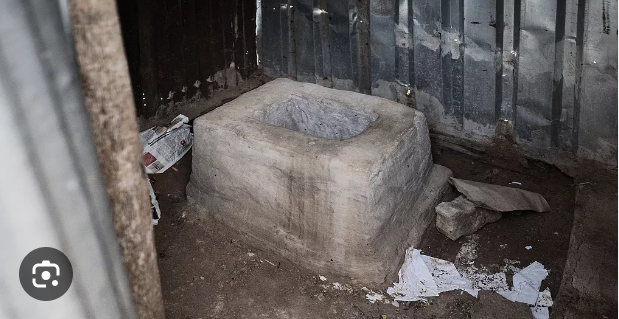The issue of state policing has sparked a range of opinions among stakeholders in Nigeria, as evidenced by the National Dialogue on State Policing held recently in Abuja. The event saw a clash of ideas on the feasibility and implications of introducing state police into the country’s security framework.
While proponents argue that the current centralized police system is inadequate to tackle the prevailing insecurity, opponents express concerns over potential misuse by governors for political ends.
Vice President Kashim Shettima inaugurated the one-day dialogue, emphasizing President Bola Ahmed Tinubu’s commitment to reforming the Nigeria Police Force. Shettima highlighted the significance of state policing as a milestone in reshaping law enforcement to address diverse community needs effectively.
However, Inspector-General of Police Olukayode Egbetokun voiced opposition to state police, advocating instead for merging the Nigerian Security and Civil Defence Corps and the Federal Road Safety Corps with the Nigeria Police Force. Egbetokun cited concerns over governance misuse and ethnic tensions if state police were established.
Supporting Egbetokun’s stance, Civil Society Organizations (CSOs), including the Transition Monitoring Group (TMG) and Transparency International (TI), raised fears of abuse and emphasized the unpreparedness of Nigeria for state policing. They pointed to governance challenges, such as unpaid salaries, as obstacles to effective state police management.
However, Minister of Police Affairs Senator Ibrahim Gaidam endorsed the implementation of state police, highlighting its potential for enhancing local responsiveness and crime prevention. Gaidam proposed a decentralized model for managing state police forces, emphasizing coordination with federal agencies to address security challenges comprehensively.
Former President Goodluck Jonathan echoed the need for state police, emphasizing the imperative of a National Border Force to tackle criminal elements effectively. He advocated for reforms in electoral processes and police deployment during elections to bolster security.
General Abdulsalami Abubakar called for the involvement of traditional rulers in the security architecture, citing their native intelligence and community influence as assets. He emphasized transparency in governance and civic responsibility among citizens to maintain peace and order.
Speaker of the House, Hon. Abbas Tajudeen, emphasized the role of the National Assembly in facilitating dialogue and consensus-building on state policing. He underscored the need for objectivity and neutrality in discussions, prioritizing the nation’s welfare over personal or political interests.
The National Dialogue on State Policing reflected a diversity of views, underscoring the complexity of the issue and the necessity for inclusive deliberations to shape Nigeria’s security landscape effectively.





